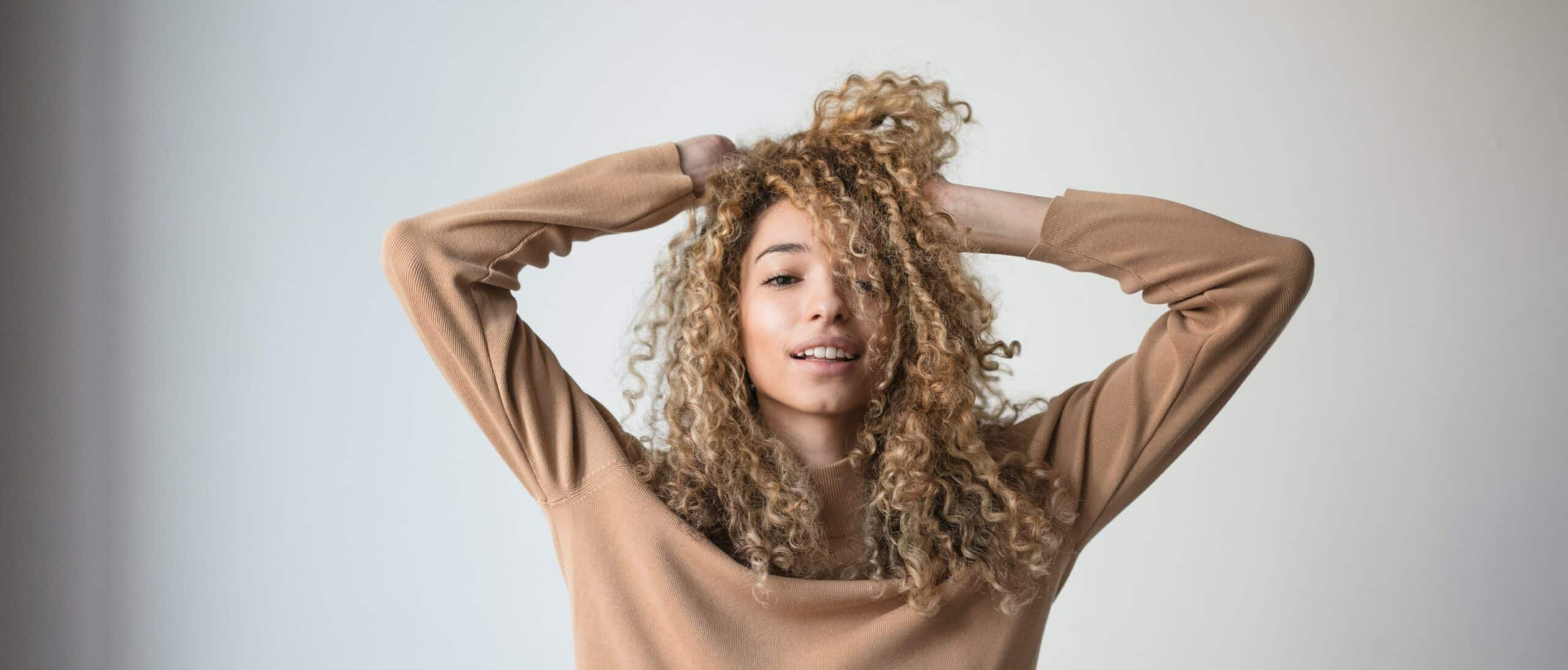Can Women Go Bald Or Lose Their Hair?
Hair loss doesn’t just affect men. Although it is more common in men, and you usually think of them immediately when it comes to this topic, many women struggle with hair loss. In women, this phenomenon has different characteristics. For example, hair loss is often a temporary phenomenon, linked to specific causes, and can be solved. Other times, however, it is a chronic problem.
What Makes Women Go Bald Or Lose Their Hair?
Several factors can cause hair loss in women. Usually, hair loss related to these factors is temporary and reversible if the right measures are taken, and effective and beneficial anti-hair loss remedies are used. Stress is one of the most frequent factors. Technically, stress doesn’t make your hair fall out, but it inhibits new hair growth. Therefore, in the absence of new hair, the old ones’ normal fall pattern will produce a thinning of the hair. The change of seasons can also cause more hair loss, as well as air pollution.
Aggressive cosmetic treatments are a major damaging factor, which in the long run, cause hair loss. This is why it is essential to choose treatments that do not damage the hair. Among the most frequent causes of hair loss in women are hormonal changes. It is well known that hair can fall out during menopause and after a pregnancy or in the presence of eating disorders or incorrect habits that create hormonal changes. Moreover, in general, a poorly balanced diet causes the weakening and loss of hair. Specifically, vitamin A and zinc deficiency is particularly damaging to hair.
Causes Of Hair Loss In Women: Hereditary Hair Loss
As mentioned, these factors often cause temporary hair loss, which can be fought with the right hair loss remedies. Sometimes, however, hereditary hair loss can occur: it is female androgenetic alopecia. Like the male one, it is caused by androgens, the male hormones. Women produce less of these hormones, but some women may instead have more androgen production, which may increase as menopause approaches. In these cases, copious hair loss will likely occur. Being a genetic and hereditary problem, we must always look to the other women in the family to predict it.
Hair Loss: Symptoms and Remedies
A modest hair loss is average and is linked to their physiological life cycle. In some cases, however, hair loss must make you suspicious. When it is abundant and durable, first of all, but also when it is accompanied by scalp pain, itching, dandruff, and more oily hair than usual. In these cases, you can try natural anti-hair loss remedies with natural nutrients or contact a specialized center in more severe cases. Nature often comes to our rescue and offers us effective remedies, which respect and nourish our hair.
Here are some natural remedies for hair loss:
- Rosemary essential oil stimulates blood circulation in the scalp, essential for ensuring the hair’s health and long life. You can apply compresses of this essential oil mixed with vegetable oil.
- Avocado mask: half an hour before shampooing, it will provide strengthening nourishment to hair and scalp.
- Tea tree oil packs: to nourish the hair and free the roots from the accumulation of sebum. This suffocates roots and makes the hair fall out.
- Apple cider vinegar: apple cider vinegar is also useful for eliminating excess sebum and combating dandruff, moisturizing, and polishing the hair.
- Ginger: stimulates blood circulation and gives new life to the hair.
These natural remedies will make your beauty routine a cure-all for your hair. In severe or persistent hair loss cases, it will be advisable to go to a center specialized in hair health. The Starks Clinics offer experience and the highest scientific level, and a wide range of treatments, such as mesotherapy and luminotherapy. Book a free check-up.
Thanks for viewing this post. Starks currently provides age management solutions in clinics located in France and Italy. Please click below to read this article in one of these languages.




